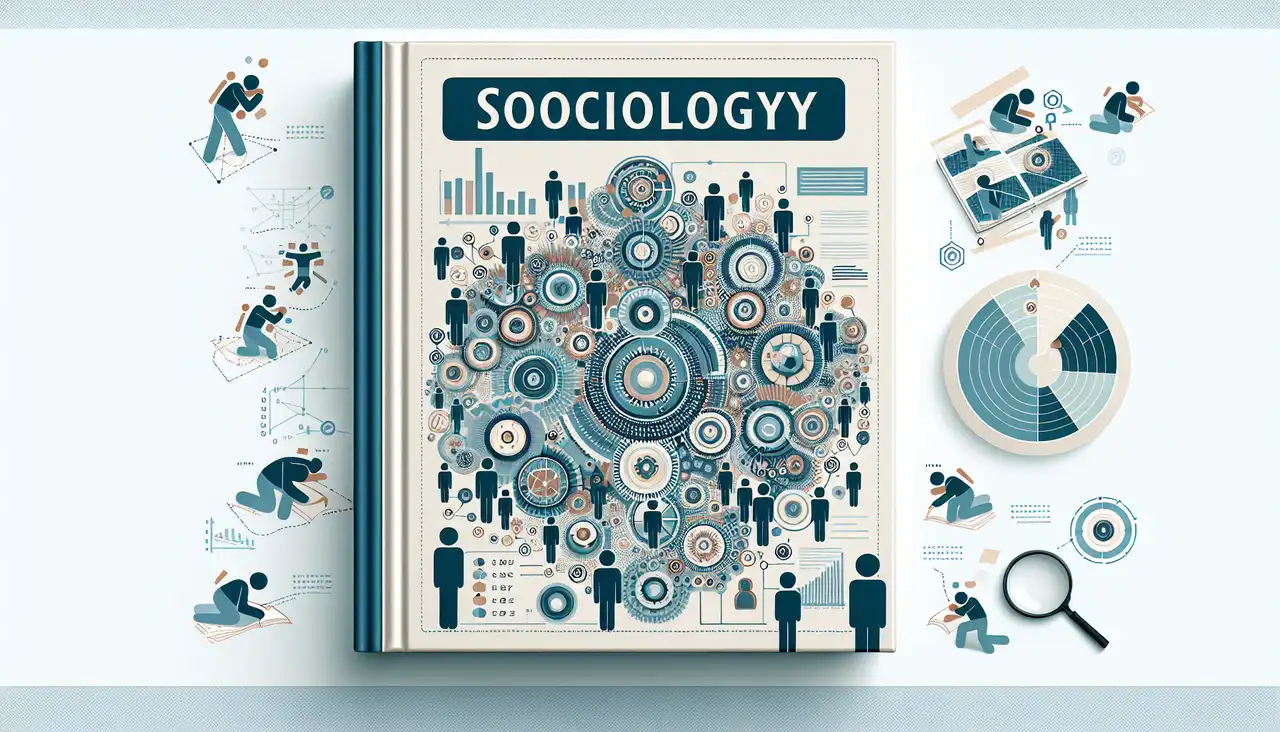

Jan E. Dizard
Jan E. Dizard's projects emphasize collaborative solutions for environmental challenges, integrating insights from sociology, conservation biology, and restoration ecology. Holding the prestigious Charles Hamilton Houston professorship in American Culture at Tufts University, Dr. Dizard is also an emeritus adjunct professor at the Center for Animals and Public Policy at the Cummings School of Veterinary Medicine. His academic journey extends to the University of Massachusetts, Amherst, where he contributes as an adjunct professor in the Department of Natural Resources and Conservation. Dr. Dizard's research delves into the evolving perceptions of nature within Western societies, exploring the intricate dynamics of environmental conflicts. His work is pivotal in understanding the emergence and development of conservation biology and restoration ecology, fields that are increasingly critical in addressing global environmental issues. His interdisciplinary approach bridges the gap between sociological perspectives and ecological imperatives, fostering a comprehensive understanding of human-environment interactions. Currently, Dr. Dizard is actively engaged in establishing an environmental studies program at Amherst, aiming to cultivate a new generation of scholars and practitioners equipped to tackle pressing environmental challenges. His commitment to education and research is reflected in his efforts to create curricula that emphasize sustainability, ecological restoration, and the sociopolitical dimensions of environmental conservation. Throughout his career, Dr. Dizard has been a vocal advocate for integrating public policy with environmental science, recognizing the importance of informed decision-making in shaping sustainable futures. His contributions to the field have been recognized through numerous publications and presentations at national and international conferences. In addition to his academic pursuits, Dr. Dizard is involved in various community-based environmental initiatives, promoting awareness and action on local and global environmental issues. His work continues to inspire students, colleagues, and the broader community to engage critically with the challenges and opportunities presented by our changing environment.
Publications
, 235-236, 1974-01-01
, 238-239, 1994-03-01
, 794-795, 1974-11-01
, 502-504, 1976-09-01
, 195-207, 1970-05-01